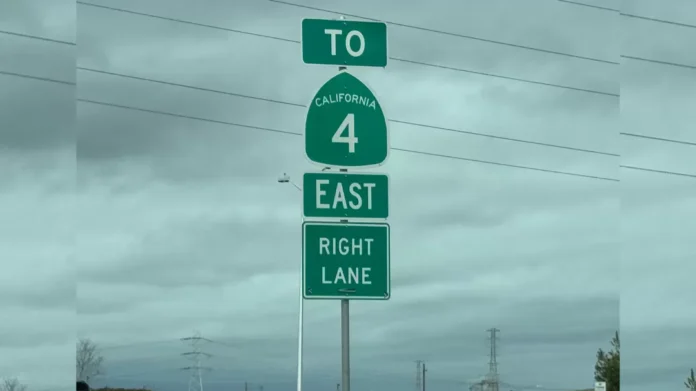San Francisco’s New Traffic Camera Initiative Raises Questions About Fairness and Accountability
In an effort to reduce the number of accidents and promote safe driving, the city of San Francisco has recently implemented a new traffic camera program. This initiative, however, has sparked controversy due to its income-based fine system, where wealthier drivers will face higher penalties for similar traffic violations. While the program claims to promote equity, critics argue that it undermines the principle of equal penalties for unsafe driving.
Under this new program, drivers who are caught breaking traffic laws will receive fines based on their income. Those with a higher income will be subject to higher fines, while lower-income drivers will face lower penalties. The city has stated that this approach is meant to promote fairness and ensure that penalties are not too burdensome for those with lower incomes. However, this has raised concerns about the accountability of the program and its potential to create a two-tiered system of justice.
One of the main criticisms of the program is that it goes against the principle of equal penalties for unsafe driving. Under the law, all drivers are held to the same standard and are subject to the same penalties for breaking traffic laws. By implementing a system that takes income into account, the city is essentially creating a separate set of rules for those with higher incomes. This not only goes against the principles of fairness and equality, but it also undermines the credibility of the law enforcement system.
Moreover, the income-based fine system raises concerns about accountability. It is unclear how the city will determine the income of a driver and whether this information will be shared with law enforcement officials. This could potentially lead to discrimination and profiling, as officers may target drivers based on their perceived income level. It also raises questions about the transparency of the program, as citizens may not know how their fines are being calculated.
Another issue with this program is that it could have unintended consequences. By imposing higher fines on wealthier drivers, the city may inadvertently discourage them from reporting traffic violations or paying their fines. This could lead to an increase in hit-and-run incidents, as drivers may fear the financial burden of a higher fine. It could also result in a loss of revenue for the city, as wealthier drivers may choose to avoid certain areas or routes where they are more likely to be caught by traffic cameras.
Additionally, the income-based fine system may not be an effective method for promoting safe driving. While the intention is to make penalties more equitable, it does not address the root causes of unsafe driving behavior. Education and awareness campaigns, as well as improved road infrastructure, would be more effective in promoting safe driving habits.
Despite these concerns, proponents of the program argue that it will promote equity and discourage reckless driving among wealthier individuals. They argue that higher fines for wealthier drivers will serve as a deterrent and encourage them to follow traffic laws. They also argue that this program will help reduce the burden of fines on lower-income individuals and promote fairness in the justice system.
In conclusion, San Francisco’s new traffic camera initiative has sparked a heated debate about the principles of fairness and accountability in the justice system. While the intention may be well-meaning, the income-based fine system raises questions about the equality of penalties for traffic violations. It also presents potential issues with transparency and unintended consequences. Ultimately, the effectiveness of this program in promoting safe driving remains to be seen. As with any new initiative, it is important to continuously evaluate its impact and make necessary adjustments to ensure fairness and accountability for all citizens.


